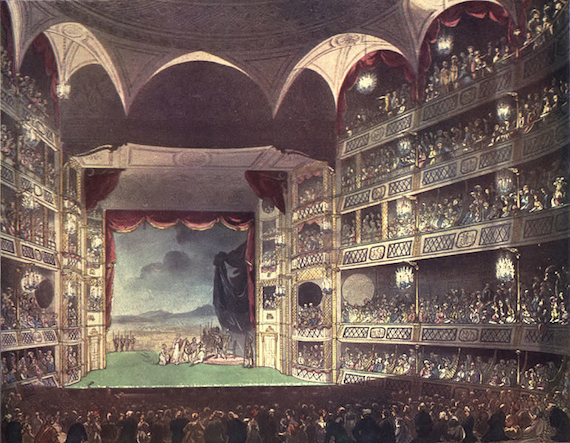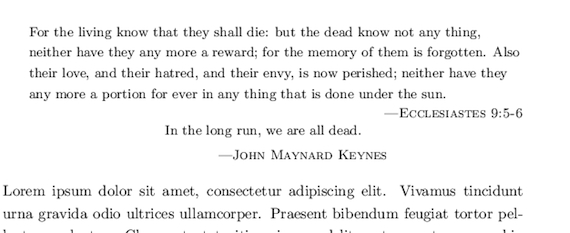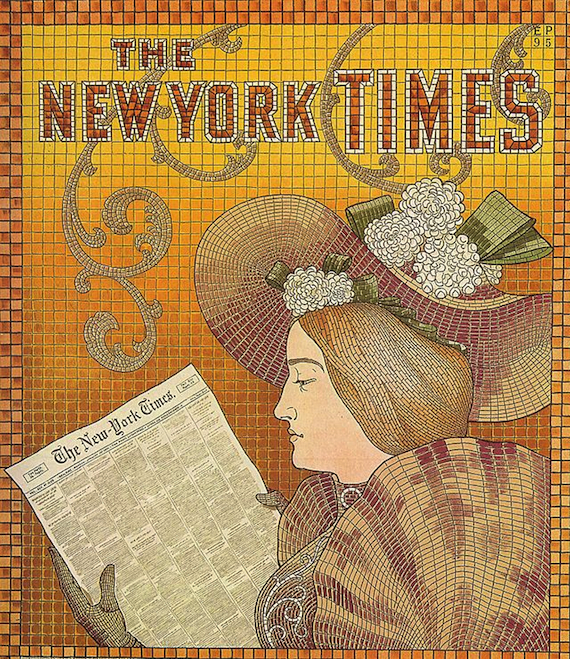
Mystery and Manners: On Teaching Flannery O’Connor
The sheer originality of Flannery O'Connor's stories shows students how amplifying their surrounding world can make great fiction. Now, 50 years after her death, when she is a staple of syllabi and the very canon that previously excluded her and other women, it is most important to stress fresh approaches to her work within the classroom.
●
●
●
















